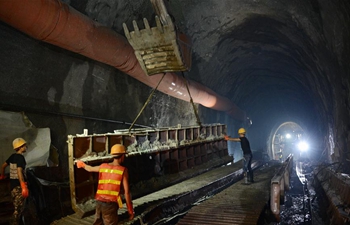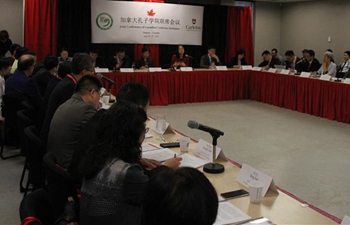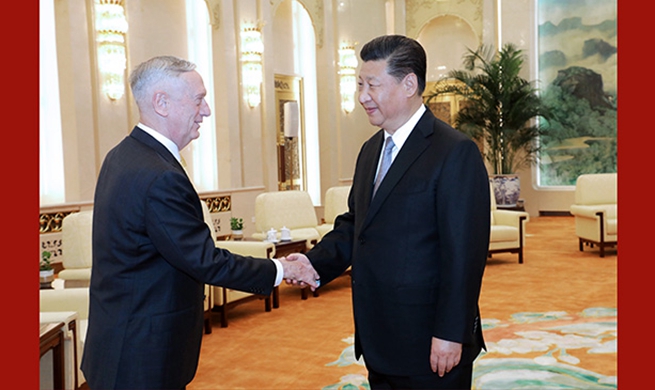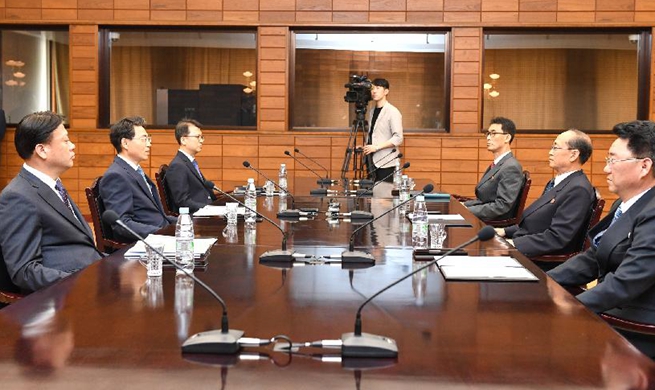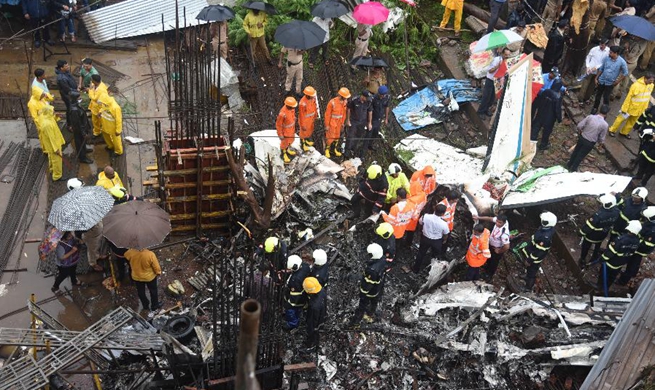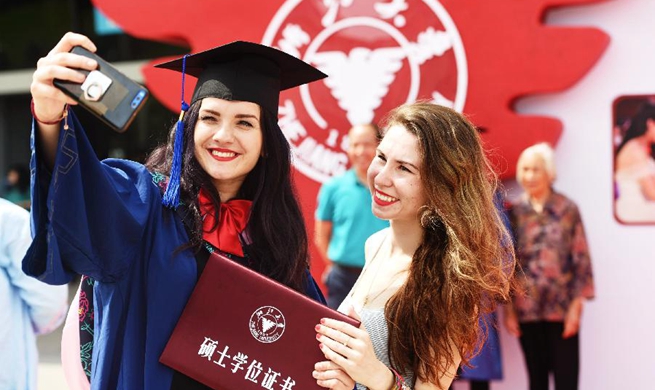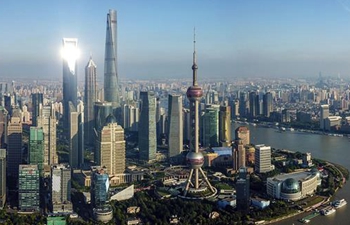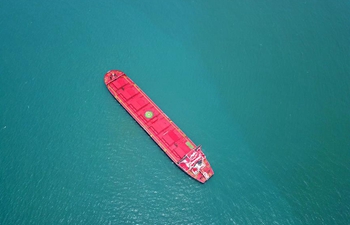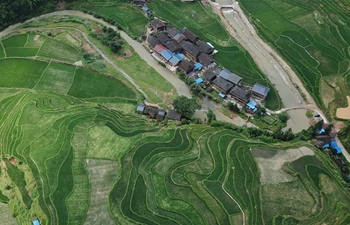UNITED NATIONS, June 28 (Xinhua) -- United Nations Secretary-General Antonio Guterres said Thursday that the frontline against terrorism is increasingly in cyberspace, which makes anti-terrorism more complex.
Addressing the first-ever UN high-level conference on counter-terrorism, the UN chief said that "terrorists are exploiting social media, encrypted communications and the dark web to spread propaganda, recruit new followers and coordinate attacks."
"Terrorism and violent extremism undermine international peace and security. They divide communities, exacerbate conflicts, and destabilize entire regions. They hamper our efforts to promote and protect human rights and are an obstacle to sustainable development," the secretary-general said.
"This complex global challenge has reached unprecedented levels," he said, adding that "it affects every country here today."
Speaking of other developments, he said that homegrown terrorists are also "testing the capacities of domestic security and intelligence agencies."
There has been a shift toward less sophisticated attacks against softer targets that are more difficult to detect and prevent, he said.
"As the threat from terrorism continues to evolve, we must adapt and learn lessons from what works and what does not," the UN chief noted, adding that "our response needs to be as agile and multifaceted as the threat."
Referring to the UN counter-terrorism strategy, he said the United Nations Global Counter-Terrorism Strategy and related resolutions provide a comprehensive framework.
The review of the strategy this month, under the auspices of the president of the General Assembly and the permanent representatives of Finland and Jordan, "has given us an opportunity to consider where we need to refocus our efforts," he said.
"The top priority is that we must work together," he stressed, adding that "the transnational nature of terrorism means we need multilateral cooperation."
"We must strengthen the capacities of our counter-terrorism structures and institutions," he continued.
The secretary-general also pointed out that efforts must be made to identify and address the root causes of terrorism.
Communities and states need to be joined with the common purpose of rejecting terrorist ideologies and challenging those who espouse them, the UN chief said, while sending the call to "build the resilience and cohesion of our societies."
The secretary-general encouraged women and young people to be more engaged "so that they can play meaningful roles in developing, monitoring and implementing counter-terrorism policies and programs."
The United Nations has a unique international convening role, he said. "We can help find multilateral solutions to complex global problems."
The secretary-general convened the first United Nations High-level Conference of Heads of Counter-Terrorism Agencies of Member States on June 28 and 29.
The overarching theme for the conference is "Strengthening international cooperation to combat the evolving threat of terrorism."
The conference aims to build a new partnership for multilateral cooperation to strengthen the international community's counter-terrorism efforts.




